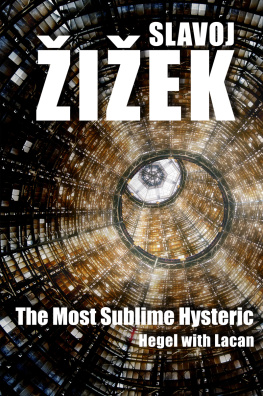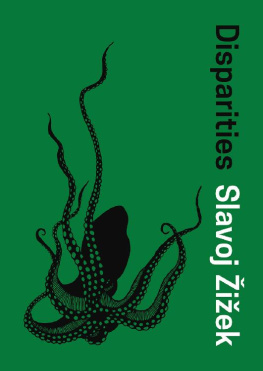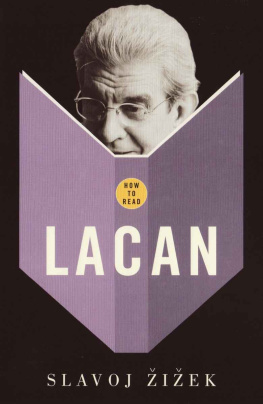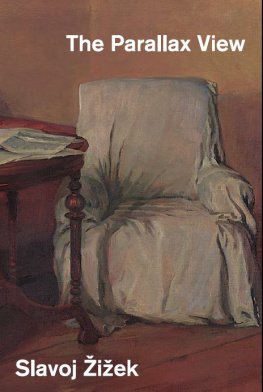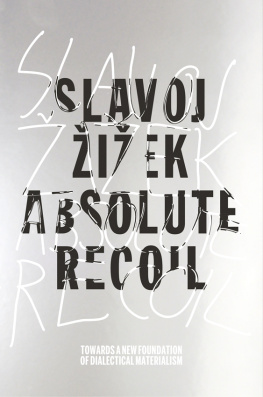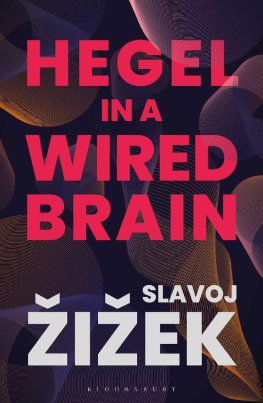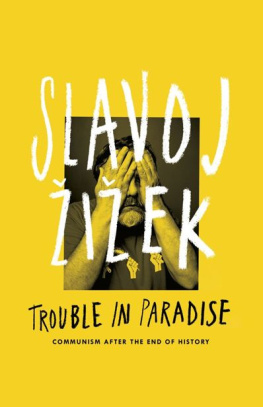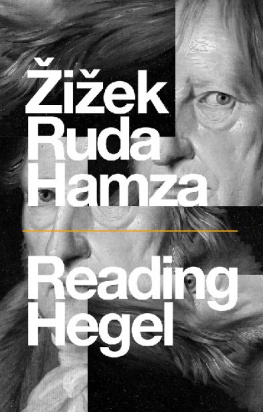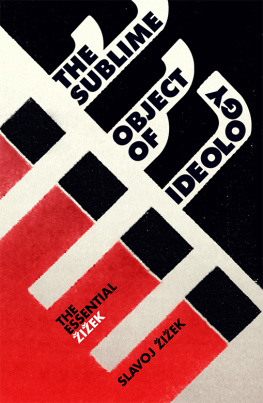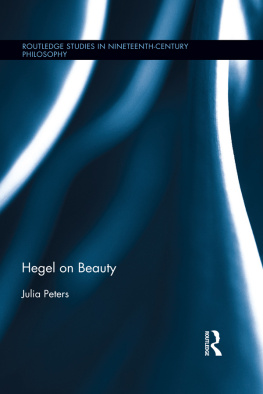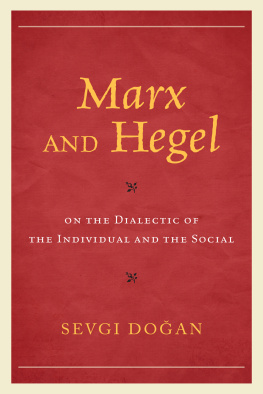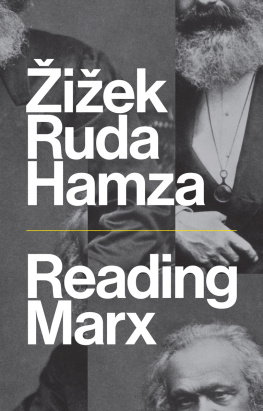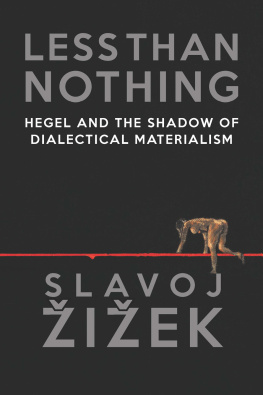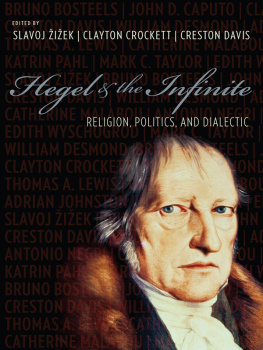
Table of Contents
First published in French as Le plus sublime des hystriques. Hegel avec Lacan Presses Universitaires de France, 2011
This English edition Polity Press, 2014
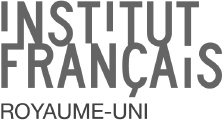
This book is supported by the Institut franais (Royaume-Uni) as part of the Burgess programme.
Polity Press
65 Bridge Street
Cambridge CB2 1UR, UK
Polity Press
350 Main Street
Malden, MA 02148, USA
All rights reserved. Except for the quotation of short passages for the purpose of criticism and review, no part of this publication may be reproduced, stored in a retrieval system, or transmitted, in any form or by any means, electronic, mechanical, photocopying, recording or otherwise, without the prior permission of the publisher.
ISBN-13: 978-0-7456-6374-6
ISBN-13: 978-0-7456-6375-3 (pb)
ISBN-13: 978-0-7456-8144-3 (epub)
ISBN-13: 978-0-7456-8143-6 (mobi)
A catalogue record for this book is available from the British Library.
The publisher has used its best endeavours to ensure that the URLs for external websites referred to in this book are correct and active at the time of going to press. However, the publisher has no responsibility for the websites and can make no guarantee that a site will remain live or that the content is or will remain appropriate.
Every effort has been made to trace all copyright holders, but if any have been inadvertently overlooked the publisher will be pleased to include any necessary credits in any subsequent reprint or edition.
For further information on Polity, visit our website: www.politybooks.com
Introduction: Impossible Absolute Knowledge
Foucault once suggested that we define philosophy as such with anti-Platonism. Precisely because Plato was the thinker whose work cleared the ground for the field of philosophy, every philosopher, beginning with Aristotle, would define his project by distancing himself from Plato. In a similar way, we can think of philosophy in the last two centuries as defined by taking distance from Hegel. Hegel is the incarnation of the panlogical monster, the total dialectical mediation of reality, the total dissolution of reality in the self-movement of the Idea. Faced with this monster, various ideas have been advanced that would supposedly be capable of escaping the mediation of the concept. This procedure is already visible in the three great post-Hegelian reversals that opposed the absolutism of the Idea in the name of the irrational abyss of the Will (Schelling), in the name of the paradox of individual existence (Kierkegaard), and in the name of the productive process of life (Marx). When siding with Hegel, even the most favorable commentators refuse to step over the line into accepting Absolute Knowledge. Thus, Jean Hyppolite emphasized that the post-Hegelian experience permitted the irreducible opening of the historico-temporal process through an empty repetition that destroyed the framework of the progress of Reason. Even among partisans of Hegel, their relationship to the Hegelian system is always one of Of course, but still of course Hegel affirmed the fundamentally antagonistic character of effectivity, the de-centering of the subject, etc., but still ; this fissure is finally canceled through the self-mediation of the Absolute Idea that heals all wounds. The position of Absolute Knowledge, of the final reconciliation, plays the role of the Hegelian Thing. It is the monster that is both frightening and ridiculous, from which one would do best to keep one's distance. It is both impossible (Absolute Knowledge is, of course, unattainable, an unrealizable Ideal!) and forbidden (Absolute Knowledge is terrifying, because it threatens mortification of all the richness of the living through the self-movement of the concept!). In other words, any identification with Hegelian thought implies a moment where this identification will break down the Thing must always be sacrificed.
For us, this image of Hegel as panlogicist, devouring and mortifying the living substance of the particular, is the Real of his critics. Real in the Lacanian sense: the construction of a point that does not actually exist (a monster unrelated to Hegel himself) but that, nonetheless, must be presupposed in order to legitimate our position through negative reference to the other, by distancing ourselves. Where does this terror that grips the post-Hegelians in the face of the monster of Absolute Knowledge come from? What is concealed in the fascinating presence of this phantasmic construction? A hole, an empty space. It is possible to define this hole by undertaking the reading of Hegel with Lacan, which is to say against the background of the Lacanian problematic of the lack in the Other, the traumatic emptiness around which the signifying process articulates itself. From this perspective, Absolute Knowledge reveals itself to be the Hegelian name for what Lacan attempted to pin down with the term the pass [la passe], the final moment of the analytical process, the experience of the Lack in the Other. If, according to Lacan's famous formulation, Sade gives us the truth of Kant, then Lacan himself could give us access to the fundamental matrix that gives the movement of the Hegelian dialectic its structure; Kant with Sade, Hegel with Lacan. What then is the relationship between Hegel and Lacan?
Today, things seem clear-cut. While no one denies that Lacan owes a certain debt to Hegel, at the same time it is widely accepted that Hegel's influence was limited to certain theoretical borrowings, which occurred during a very fixed time frame. Between the late 1940s and the early 1950s, Lacan attempted to articulate the psychoanalytic process in the terms of the intersubjective logic of the recognition of desire and/or the desire for recognition. Already at this time, Lacan had taken care to distance himself from the closure of the Hegelian system, from the Absolute Knowledge that he associated with the inaccessible ideal of a perfectly homogenous discourse, complete and sealed in upon itself. Later on, the introduction of the logic of the pas-tout and the concept of the barred Other would render this initial reference to Hegel obsolete. Is it possible to imagine a more incompatible contradiction than between Hegelian Absolute Knowledge the sealed circle of circles and the Lacanian barred Other knowledge as irrevocably lacking? Is Lacan not the anti-Hegel par excellence?
It is the critiques of Lacan in particular that bring out his debt to Hegel. Lacan has been criticized for remaining a prisoner of logo-phallocentrism, allegedly because of an underlying Hegelianism that confined textual dissemination within the teleological circle. In response to this critique, Lacanians reply, as they will, by drawing attention to Lacan's break with Hegelianism, struggling to save Lacan by emphasizing that he is not and was never a Hegelian. Now is the moment to take on this debate in a novel way, by articulating the relationship between Hegel and Lacan in an unprecedented manner. To my eyes, Lacan was fundamentally Hegelian, but did not know it. His Hegelianism is not to be found where we might expect it to be, in his overt references to Hegel, but rather in the final stage of his teachings, in the logic of the pas-tout, in the importance he placed on the Real, on the Lack in the Other. And, reciprocally, a reading of Hegel through the lens of Lacan gives us a picture of Hegel that is radically different from the commonly accepted view of him as a panlogicist. It will bring out a Hegel of the logic of the signifier, of a self-referential process articulated as the repeated positivation of a central Void.
Next page
